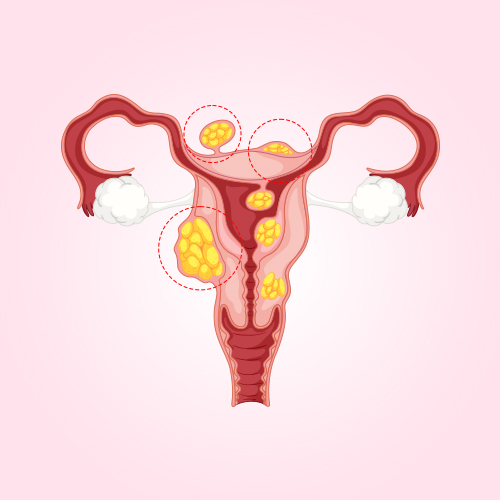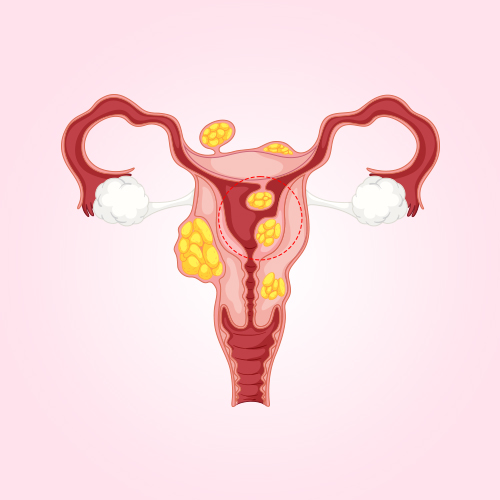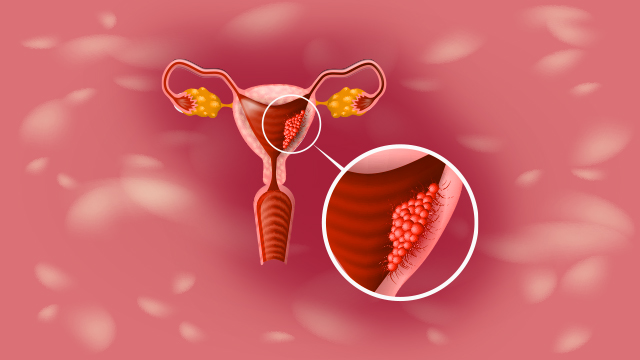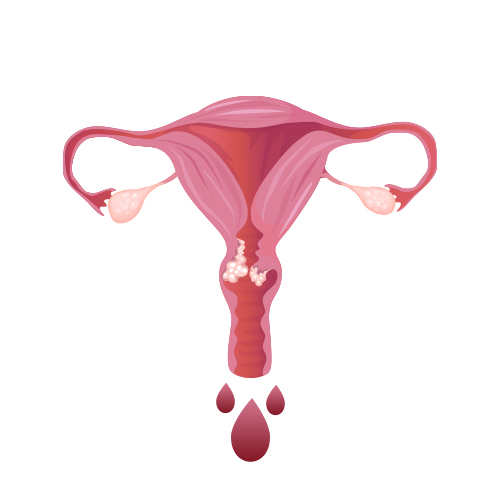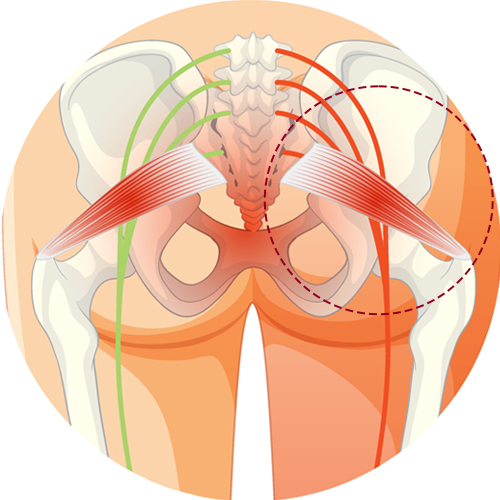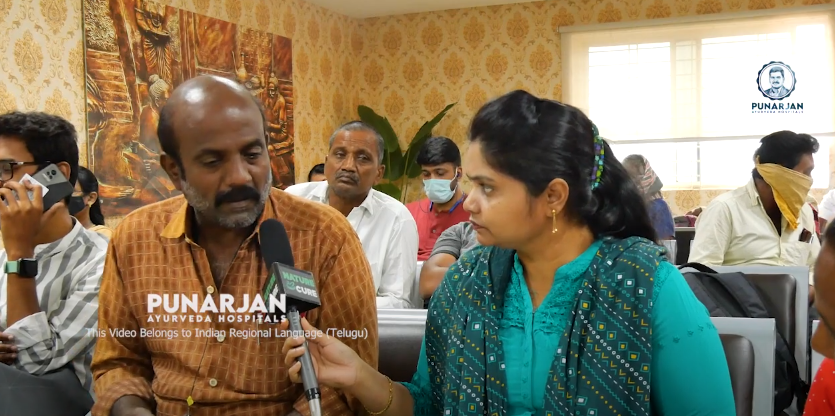How Punarjan Clinic Treats Endometrial Cancer?
At Punarjan Clinic, our approach to treating endometrial cancer is rooted in the ancient science of Rasayana Ayurveda, aiming not just to alleviate symptoms but to address the underlying causes. Our practitioners meticulously tailor treatment plans after identifying these root causes, ensuring a distinctive and personalized approach.
Our treatment protocol involves a systematic series of herbal medicines, detoxification therapies, specialized diet plans, and lifestyle adjustments. This holistic strategy extends beyond the physical realm, recognizing the emotional and psychological challenges that often accompany cancer diagnoses. Our compassionate environment encourages open communication with well-trained counselors, providing patients a space to express hopes, fears, and worries.
We understand that the doctor-patient connection is sacred, fostering trust and open dialogue. Our comprehensive strategy merges traditional Ayurvedic wisdom with modern diagnostic methods, allowing us to monitor progress and make necessary adjustments.
Choosing Punarjan Clinic is a commitment to the best healing approach, emphasizing the power of nature, individualized care, and a compassionate community. We invite you to embark on a journey towards health, happiness, and a future free from the burden of endometrial cancer, where empowerment and well-being go hand in hand.
CONSULT US NOW
